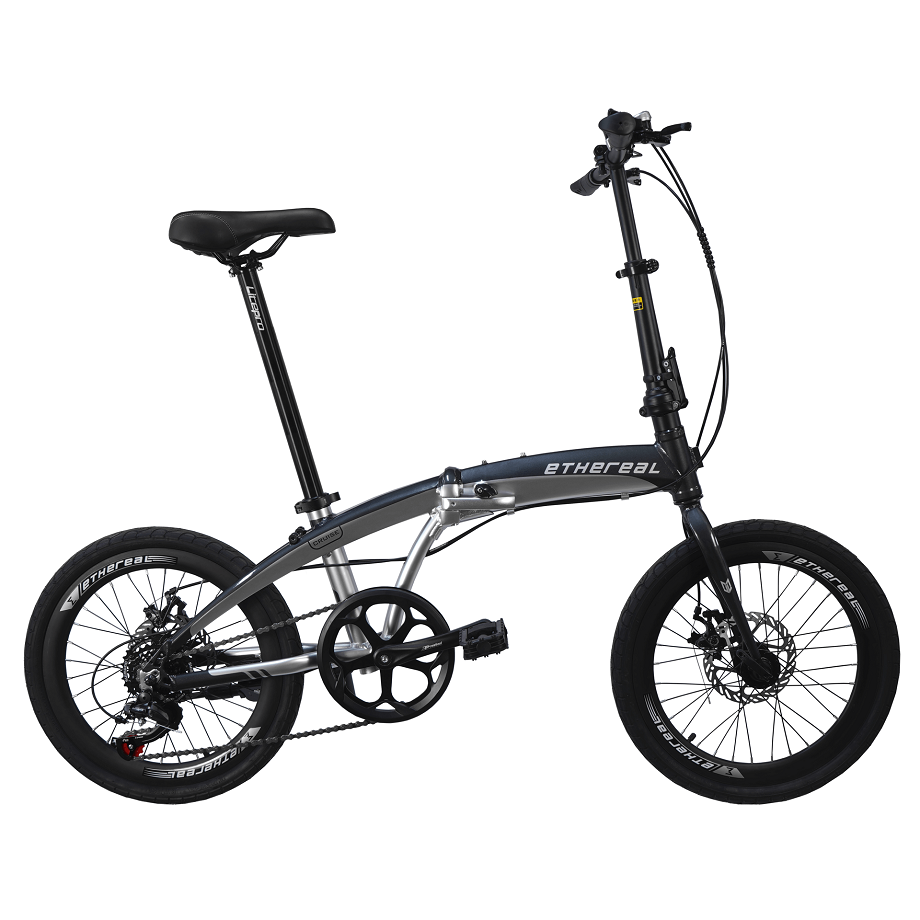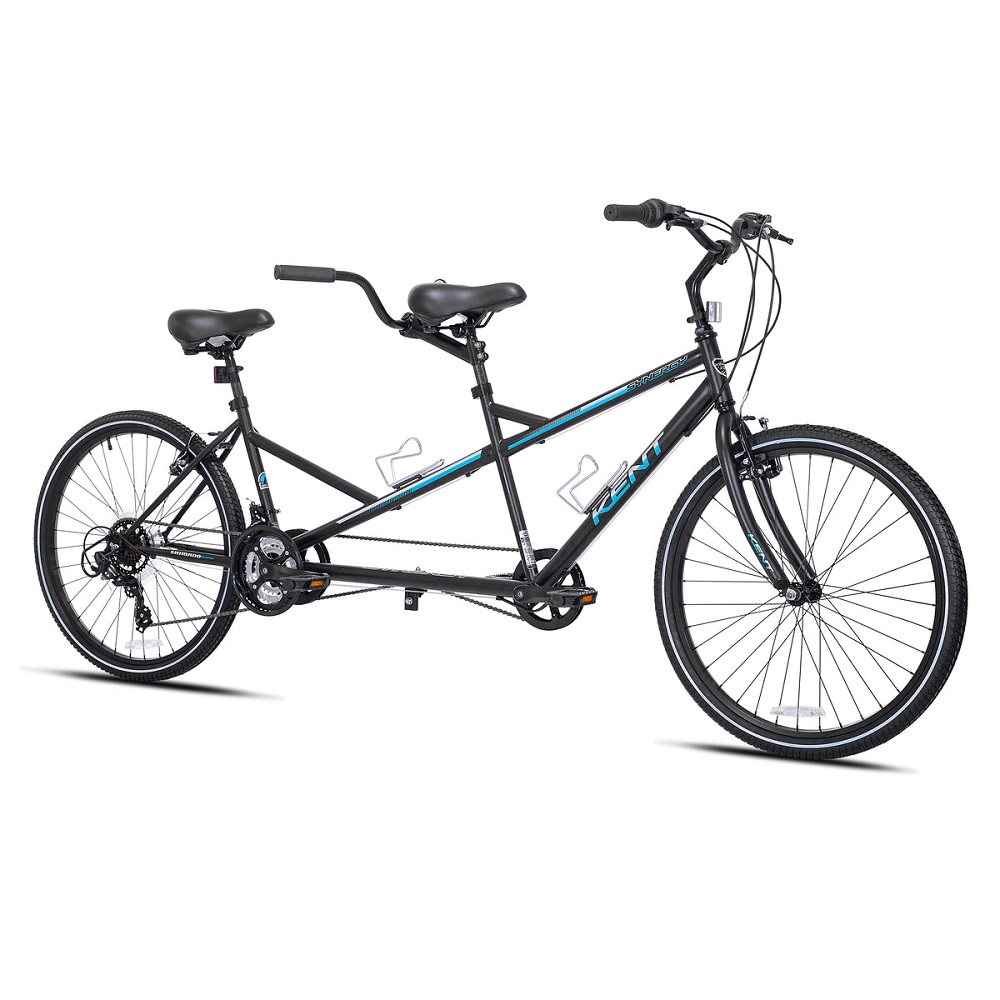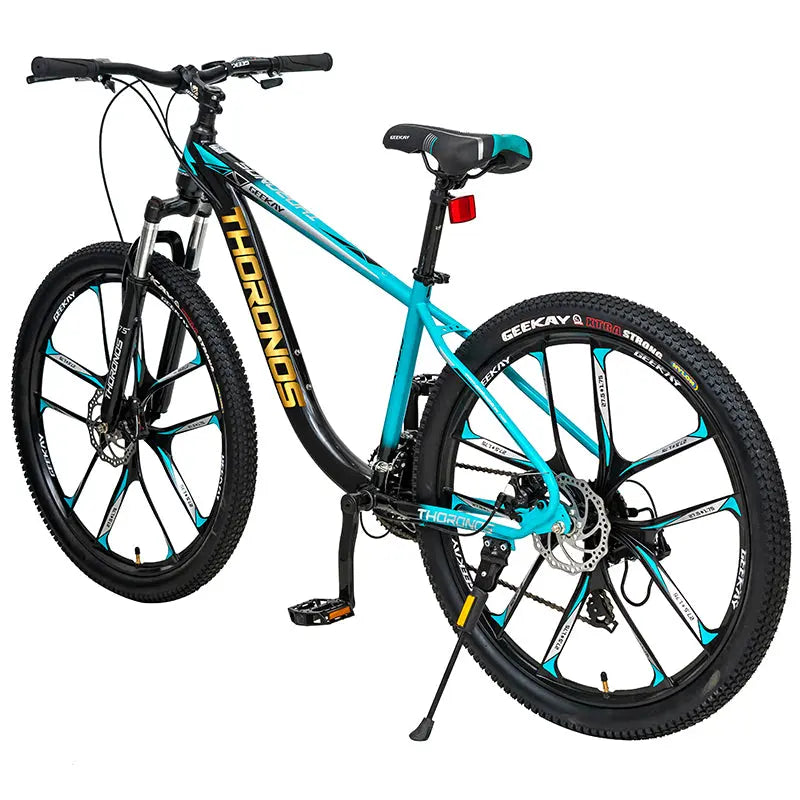Bicycles are more than just a mode of transportation. They embody freedom, health, and sustainability. Understanding the value of a bicycle can enhance your experience, whether you’re a casual rider or a dedicated enthusiast. This article explores various aspects of bicycle value, from economic implications to personal satisfaction.
The Economic Value of Bicycles
A Sustainable Investment
Bicycles offer significant economic advantages. They are an affordable means of transport compared to cars. You save money on fuel, insurance, and maintenance. The initial cost of a bike is usually much lower than that of a vehicle. Even high-end bicycles often cost less than a single year of car ownership.

Insurance costs for bicycles are typically much lower. Most people don’t insure their bikes, relying instead on personal savings to cover potential losses. This contributes to long-term savings. In many countries, local governments support cycling through various initiatives. These may include bike lanes and parking spots. Such infrastructure not only benefits cyclists but also enhances property values in the vicinity.
Health Savings
Bicycles provide health benefits too. Regular cycling increases cardiovascular fitness. It strengthens muscles and improves flexibility. This leads to fewer medical expenses in the long run. Fewer doctor visits and lower health insurance costs can translate into substantial financial benefits. Investing in a bicycle is, in essence, an investment in health.
Consider the cost of a gym membership. Cycling outdoors is a fantastic alternative. It promotes physical wellness without the monthly fee. Cycling can be any person’s choice for exercise. Instead of spending money on a gym, you can ride your bike while enjoying nature. This way, the bike serves dual purposes: transportation and fitness.
The Environmental Value of Bicycles
A Green Alternative
Bicycles present a viable solution to environmental problems. They produce zero emissions, making them one of the most eco-friendly modes of transport. This quality does not just minimize pollution; it also conserves natural resources. Fewer cars on the road equal lower fossil fuel consumption. This helps combat climate change.
Additionally, cycling reduces traffic congestion. Fewer vehicles lead to shorter travel times for everyone. Urban planners increasingly recognize this. Bicycles contribute to sustainable city development. Enhanced bike lanes and rentals can attract more cyclists, fostering a healthier urban environment.
Longevity and Durability
A well-maintained bicycle can last a long time. Unlike vehicles, they have fewer moving parts. Less maintenance is usually required. This longevity underscores their value. Moreover, a bicycle can serve multiple generations. Family members can pass down bicycles. This intergenerational transfer adds sentimental value.
Many bicycle components can be repaired or replaced. This aspect not only extends the life of a bike but also shows that they are built to last. If cared for properly, a bicycle can provide value for years. You can also upgrade specific parts. Whether you want a better gear system or a more comfortable seat, you have the flexibility to customize your bike.
The Emotional Value of Bicycles
Connection and Joy
The emotional value of a bicycle is significant. Many people form lasting memories while cycling. From leisurely rides with friends to solo journeys in nature, bikes create experiences. These moments often evoke happiness. The joy of riding is something that cannot be quantified economically.
For many, cycling is a form of freedom. It allows exploration in a way that cars cannot. You can choose your path, follow a trail, and make spontaneous stops. Each bike ride becomes an adventure. This experience fosters a sense of independence that enhances one’s quality of life.
Community and Belonging
Bicycles also foster community. Riding with local groups creates camaraderie. Many cities host cycling events that bring people together. They offer a chance to meet new friends. Shared interests can lead to lifelong relationships.
Cycling communities advocate for better infrastructure, fostering a sense of belonging. Whether participating in charity rides or local races, these experiences create bonds among people. The shared passion for biking can unite individuals of differing backgrounds.
The Versatility of Bicycles
Types of Bicycles
Understanding bicycle value also includes recognizing their versatility. Different types of bicycles cater to various needs. There are road bikes, mountain bikes, hybrid bikes, and more. This variety allows everyone to find a perfect fit for their lifestyle.
Road bikes are lightweight and fast. They are ideal for paved surfaces. Mountain bikes, on the other hand, are built for rugged terrains. These offer durability and shock absorption for off-road trails. Hybrid bikes combine the best of both worlds, making them versatile for city commuting or casual rides.
Usage Scenarios
Knowing the various uses for bicycles can enhance your experience. They can be used for commuting, racing, or leisurely rides. You might ride to work to save time. Cycling continues to grow as a commuting choice, especially in urban areas. It can also be a competitive sport. Racing events challenge both skill and speed.
Bicycles can also be used for transporting goods. Cargo bikes are designed to carry heavy loads. People use them for everything from grocery shopping to delivering items. This further showcases the adaptability of bicycles.
Factors Affecting Bicycle Value
Brand Reputation
Brand reputation plays a significant role in determining bicycle value. Well-known brands often command higher prices. These companies usually invest in research and development. Their products often come with improved technology and quality.
However, a higher price does not always equal better performance. Lesser-known brands may offer competitive options. They can sometimes deliver similar quality and features at a lower cost. It is essential to research. Read reviews and try out different models to find the best value.
Condition and Maintenance
The condition of a bicycle significantly impacts its value. A well-maintained bike retains its worth better. Routine maintenance keeps components functioning optimally. This may include regular brake checks, tire inflation, and lubrication. A bicycle that shows signs of wear may struggle to sell for a high price.
Purchasing a used bike can also offer great value. Many people sell bikes that are still in excellent condition. Understanding how to assess a bike’s condition can save money. Inspect it for signs of damage or wear. Test the gears and brakes. This ensures you are making a sound investment.
The Social Impact of Bicycles
Reducing Traffic Stress
Bicycles can dramatically decrease overall traffic stress. Urban areas often face congestion issues. As more people choose to cycle, traffic can ease. Research shows that areas with robust cycling infrastructure typically boast lower congestion levels.
Fewer vehicles mean shorter commutes for everyone. People who choose biking help to reduce the stress of long commutes. This helps promote mental well-being. The less stressed people are, the better their quality of life.
Promoting Active Lifestyles
Bicycles encourage an active lifestyle. Riding regularly helps maintain fitness. Communities with a cycling-friendly environment often see higher participation in physical activities. This can lead to a more engaged population.
Local economies may also benefit. Active communities tend to participate in local events. This can boost local businesses and promote growth. Riding also creates a culture of health, attracting people interested in active living.
The Future Value of Bicycles
Technological Advancements
Looking ahead, the value of bicycles may continue to increase. Technology continues to improve bicycle features. Electric bikes, or ebikes, are a prime example. These offer an extra boost to riders, making cycling accessible to more people. They are especially valuable for commuters who want to avoid sweating in professional attire.
Future advancements might improve safety, connectivity, and performance. Smart bikes that connect to smartphones could enhance user experience. Technology could make riding easier and more appealing to new users.
Evolving Urban Landscapes
Cities are beginning to prioritize bicycles in their planning efforts. More bike lanes and improved infrastructure will likely emerge. As urban landscapes evolve, cycling could become more mainstream. Cities focusing on sustainable transport will increase bicycle value.
The trend toward eco-friendliness continues to grow. People are becoming more conscious of their carbon footprint. As society shifts, bicycles are likely to play a critical role. This shift enhances the perception of cycling. Bicycles may soon be seen as essential tools for modern life.
Conclusion
Bicycles hold immense value beyond their price tags. Their economic, environmental, emotional, and social contributions equip them with a unique significance. Understanding this value makes cycling a more fulfilling experience. Whether you are using a bike for transportation, fitness, or leisure, remember that each ride contributes to your health and well-being. The future holds even more promise for bicycles. Investing in a bike is, ultimately, investing in a healthier lifestyle and a more sustainable planet.




